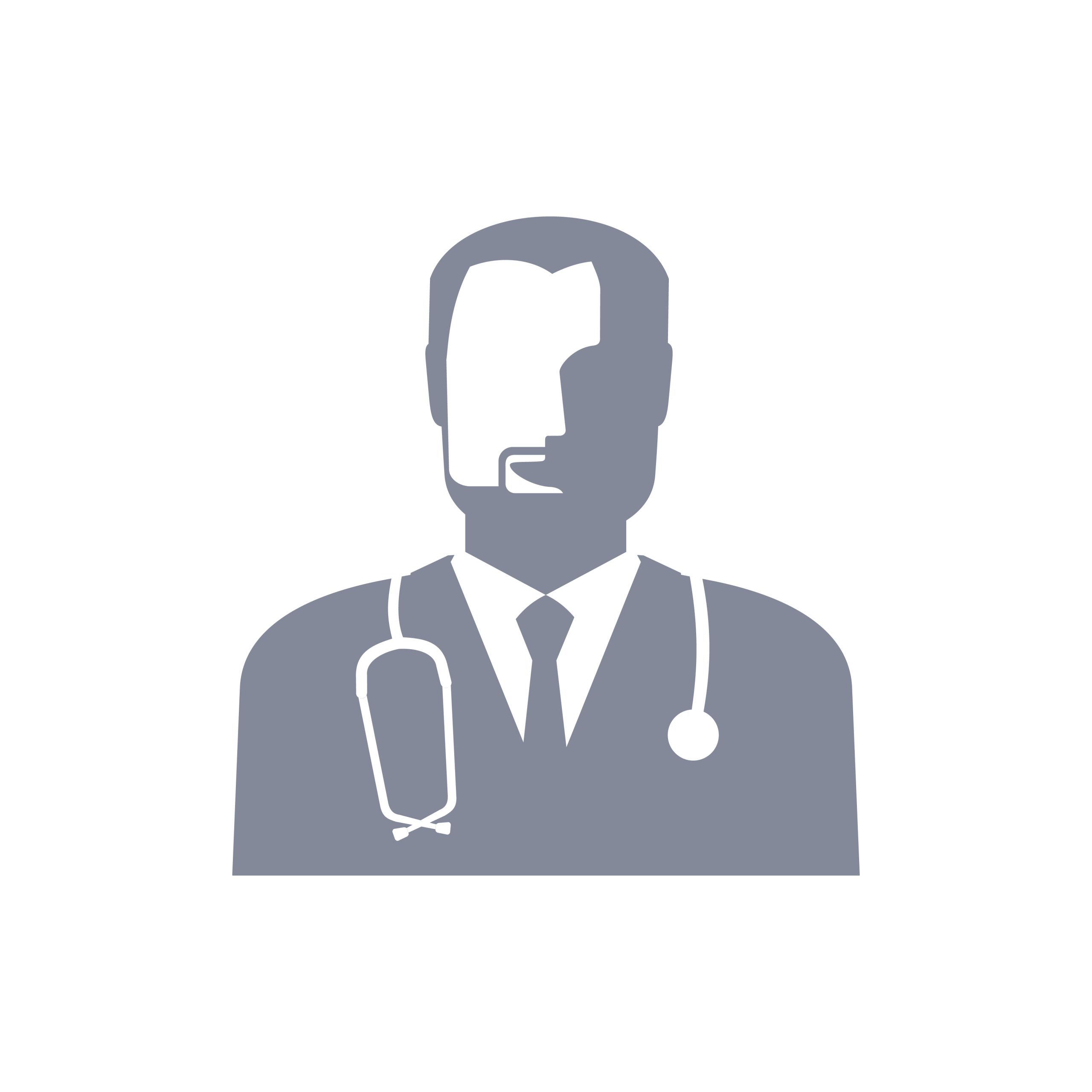The Diet and Nutrition Department at our institution is dedicated to promoting health and well-being through personalized nutrition services and education. Our team of registered dietitians, nutritionists, and culinary experts work collaboratively to provide evidence-based nutrition counseling, meal planning, and support to individuals of all ages and health conditions.
Services:
Our Diet and Nutrition Department provides personalized nutrition counseling, medical nutrition therapy, weight management programs, sports nutrition guidance, pediatric and geriatric nutrition support, eating disorder treatment, and community nutrition programs.
Our Doctors
Miss. Momina Tariq
Consultant NutritionistDr. Abdul Momin Rizwan Ahmad
Consultant NutritionistFAQs
What is the role of a registered dietitian?
Registered dietitians are food and nutrition experts who translate the science of nutrition into practical solutions for healthy living. They assess nutritional needs, develop personalized nutrition plans, provide education and counseling, and support individuals in making sustainable dietary changes.
How can I improve my diet and eating habits?
You can improve your diet and eating habits by focusing on consuming a variety of nutrient-rich foods, including fruits, vegetables, whole grains, lean proteins, and healthy fats. Portion control, mindful eating, and staying hydrated are also essential. Consulting with a registered dietitian can provide personalized guidance and support.
What is medical nutrition therapy (MNT)?
Medical nutrition therapy (MNT) is a therapeutic approach to managing medical conditions through personalized nutrition interventions. It involves assessing individual nutritional needs, developing tailored nutrition plans, and monitoring progress to optimize health outcomes. MNT is commonly used in the treatment of diabetes, heart disease, obesity, gastrointestinal disorders, and other medical conditions.
How can I lose weight safely and effectively?
Safe and effective weight loss involves creating a calorie deficit through a combination of dietary changes, physical activity, and behavior modification. It's essential to focus on making sustainable lifestyle changes rather than pursuing fad diets or extreme measures. Consulting with a registered dietitian or healthcare provider can help develop a personalized weight loss plan.
What is sports nutrition, and how can it benefit athletes?
Sports nutrition is the specialized field of nutrition focused on optimizing athletic performance, recovery, and overall health. Athletes can benefit from sports nutrition by fueling their bodies with the right nutrients before, during, and after training or competition, staying hydrated, and supporting muscle recovery and growth through proper nutrition.
How can I support my child's nutrition and healthy eating habits?
You can support your child's nutrition and healthy eating habits by offering a variety of nutritious foods, modeling healthy eating behaviors, involving children in meal planning and preparation, and creating a positive mealtime environment. Consulting with a registered dietitian who specializes in pediatric nutrition can provide additional guidance and support.
What are some common nutrition myths?
Common nutrition myths include the idea that certain foods or supplements can "boost" metabolism or burn fat, that carbohydrates are inherently bad for you, and that gluten-free or organic foods are always healthier. It's essential to rely on evidence-based nutrition information and consult with qualified professionals for personalized advice.
How can I find reliable nutrition information?
Reliable nutrition information can be found from reputable sources such as registered dietitians, government health agencies, academic institutions, and professional organizations like the Academy of Nutrition and Dietetics. Look for evidence-based guidelines and recommendations supported by scientific research.
These are just a few common questions about diet and nutrition. If you have specific concerns or inquiries, consulting with a registered dietitian or nutrition professional can provide personalized guidance and support.





